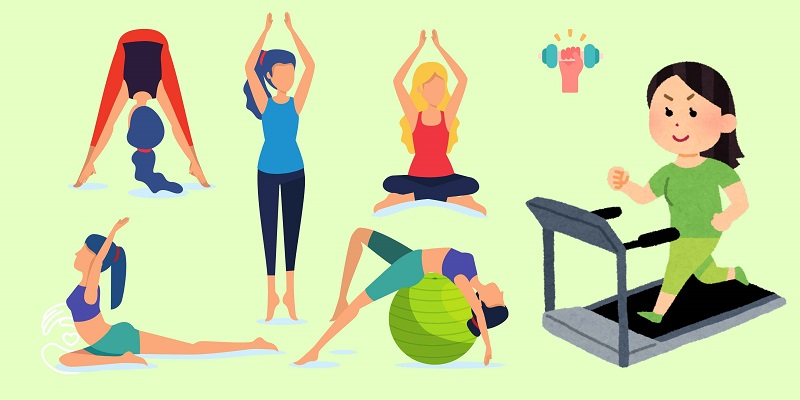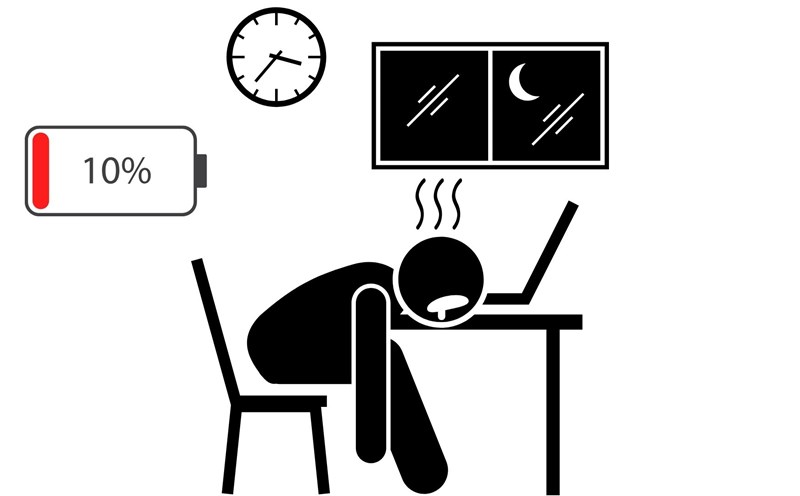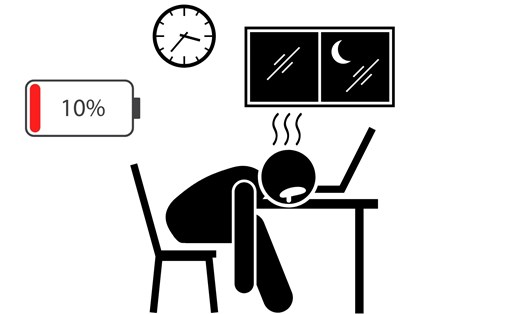
Here are some consequences of doing non-stop training:
The body is tired, the immune system is weakened
If you do not give your body time to rest and recover, you may be overworked during exercise. At that time, the body will often be tired, muscle pain, and the effectiveness of exercise will decrease. In the long run, this condition can weaken the body, the immune system is weakened and easily lead to fatigue.
Affected nervous and muscles
The training process not only affects the muscles but also consumes a lot of energy of the central nervous system. If not given enough rest, the nervous system will be tired, causing a decrease in coordination and reflexes, increasing the risk of injury. When overloaded, you can easily lose focus, have difficulty controlling movement, and your exercise performance also decreases significantly.
Decreased motivation and perseverance
Practicing continuously without breaks can easily make you lose motivation, feel depressed, or the effectiveness of the exercise is not as expected. This affects the maintenance of long-term habits. Proper rest helps relax the spirit, creating a feeling of excitement again and maintaining perseverance in practice.
Increased risk of injury and decreased performance
An easily recognizable sign of overtraining is reduced performance, prolonged muscle pain and vulnerability due to the body not recovering in time. Rest helps muscles and the nervous system have time to repair and regenerate energy to prepare for the next training session. If this stage is missed, small damages that accumulate over time can lead to muscle inflammation, ligament tear, or more serious injuries.











